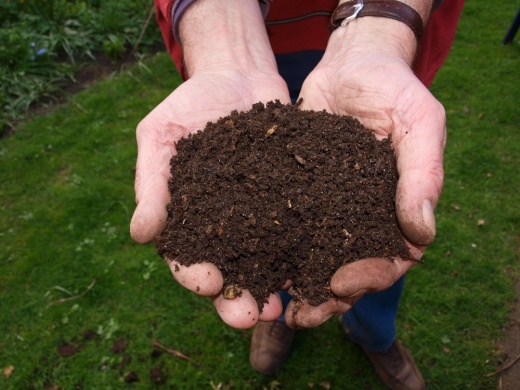Residents of Plano can now enroll in the Residential Food Scrap Composting Pilot Program, which provides participants an environmentally friendly alternative to food scrap disposal.
Registration for the program opened Jan. 2 and is limited to 500 participants, according to Pilot Project Lead Jaime Bretzmann.
The program allows residents to dispose of food scraps not typically suited for backyard trash piles, including cooked meats and bones, eggs and eggshells, seafood, baked goods, coffee filters, tea bags, fruits, vegetables, nuts and more.
Those who sign up for the program are issued kits that contain food scrap collection pails, program instructions, a fertilizer sample and a coupon for Texas Pure Products compost. Participants will drop off scraps at designated food sites, where a hauler will then take them to a local commercial composter. From there, the scraps are converted into compost and used to enrich local soils.
“We’re trying to duplicate natural recycling, but we can make it happen a little bit faster using our understanding of nature’s decomposition process,” Bretzmann said during a live-streamed webinar. “And with the end result of creating a natural, slow-release fertilizer that we can use to enrich our local soils here in Plano.”
Last March, the Sustainability & Environmental Education Division of Plano received a $60,200 grant from the North Central Texas Council of Governments and Texas Commission on Environmental Quality to fund the Residential Food Scrap Composting Pilot Program, according to the NCTCOG's website.
“[The city of Plano] has been busy preparing for the opening of our [program] for Plano residents since the grant was awarded,” Bretzmann said. “As a pilot program, this is going to help guide future city and waste reduction initiatives.”
For the program to move past the pilot stage and receive further funding, Bretzmann said participation from Plano residents is essential. At the end of the program, the city of Plano will evaluate the metrics to determine if they will expand and move past the pilot stage.
“The ultimate goal is for the pilot program to move beyond the pilot stage and be open to larger than 500 residents,” Bretzmann said. “Success of this pilot is contingent upon participation.”
The Residential Food Scrap Composting Pilot Program will end June 13. Registration is online and participation in the program costs $45, which will go toward extending the grant-funded program past the designated pilot period, according to the city's website.
For more information on the Residential Food Scrap Composting Pilot Program, including information on enrolling, those interested can visit www.plano.gov/foodcomposting.





